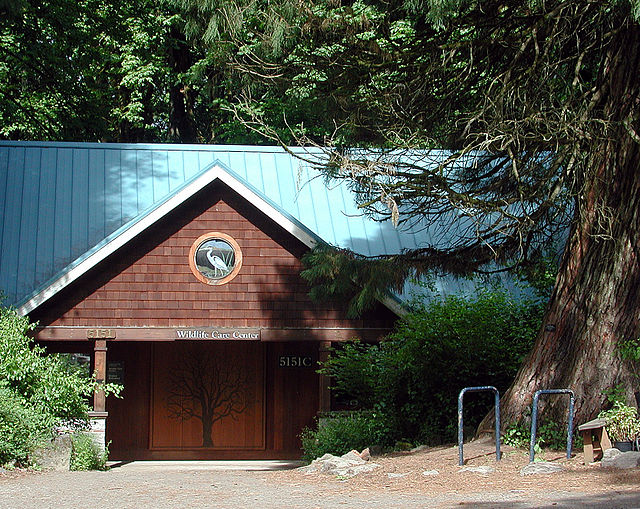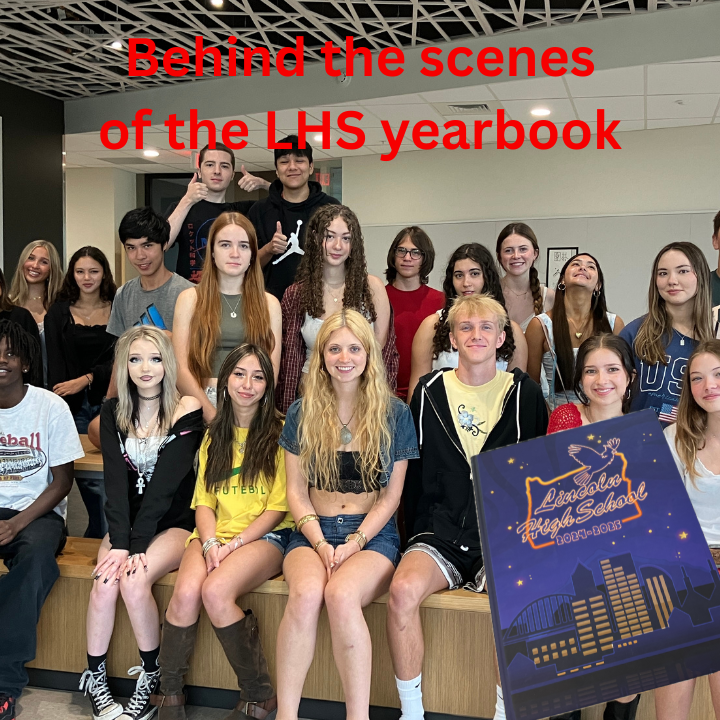Staff essay: The Portland Audubon Society’s plans to change its name is not enough
The Portland Audubon Society announced in Feb. 2023, that they would be dropping the name “Audubon,” in order to address the legacy of systemic racism in the environmental field.
April 20, 2023
Many institutions and organizations have changed their names to honor people who fought to improve the status quo, in efforts to dismantle legacies of racism and colonialism. These name changes aim to end the celebration of those who perpetuated inequality.
Since the Black Lives Matter protests of 2020 and the movement to recognize the history of colonialism in the United States, our society is gaining awareness on the impacts of naming institutions after people who reinforced systemic racism. By Nov. 10, 2022, 82 schools in the US, including two high schools in Portland, had changed their names honoring racist people.
In February 2023, Portland Audubon Society announced that it would be following in the footsteps of the other chapters and dropping the name “Audubon” in order to end the commemoration of white supremacists. Executive Director Stuart Wells wrote about this decision on their website.
“John James Audubon’s name may mean ‘birds’ to some, but to others it means ignoring a legacy of systemic racism,” said Wells. “By moving away from the name, we can reduce the harm and find a name that reflects the kind of environmental movement we can be proud to be a part of.”
Like Portland, many chapters of the Audubon Society, including Seattle and Chicago, have been moving away from celebrating John James Audubon. Audubon (1785-1851), a renowned ornithologist and naturalist, is memorialized in the names of over 450 different institutions. However, Audubon was a prominent slave holder, and dug up many Indigenous burial sites in order to further his belief in phrenology – a pseudoscience that links skull shapes to racial superiority.
We believe that the renaming of institutions that honor perpetrators of racism is an essential step in creating a more anti-racist society. We cannot achieve racial equality while still commemorating those who have furthered injustice.
However, these name changes are nothing more than a symbol of change, and they do nothing to actually address the legacy of racism in the nature conservation community today. This legacy includes large barriers in accessibility to natural spaces among the BIPOC community.
Until the 1960’s, many natural areas were segregated. KangJae “Jerry” Lee, assistant professor for race and outdoor leisure at North Carolina State University, found that in 1951 there were 180 state parks available solely to white people, compared to only 12 for Black people. Additionally, many leaders – such as John Muir – of the environmental movement were eugenicists, and believed that Nordics were the superior race. John Muir had ties to eugenics, and many other prominent environmentalists also followed this belief. This has contributed to the impact of white supremacy in the natural community.
The effects of this exclusion, from a lack of access to nature in the BIPOC community to the threat of racially-motivated hate crimes in nature – such as the murder of jogger Ahmaud Arbery – contribute to a lack of BIPOC representation in the environmentalist community.
We believe that in addition to focusing on symbolic aspects of achieving equality, the Audubon Society and other organizations in the environmental movement need to be taking action to actually address discrimination in their field. This can be achieved through highlighting BIPOC voices during discussion about race and examining racial inequality within one’s own institution. We hope the Audubon Society takes their name change as a first step in a broader movement towards properly intersecting nature conservation and anti-racism.




